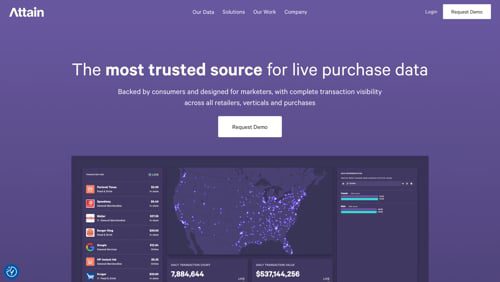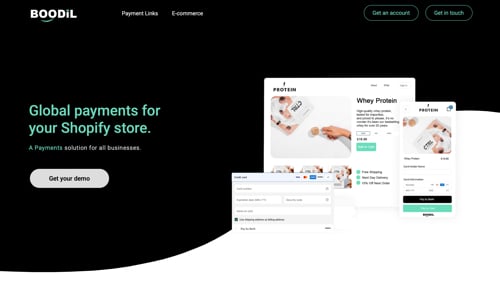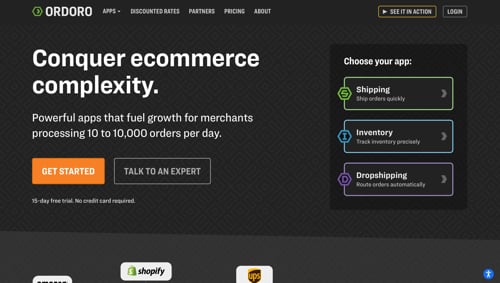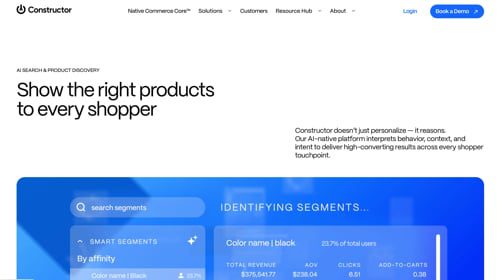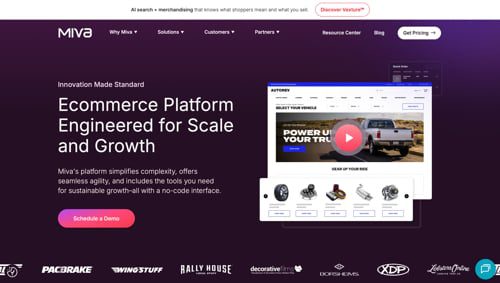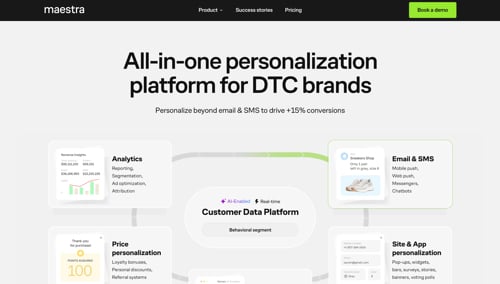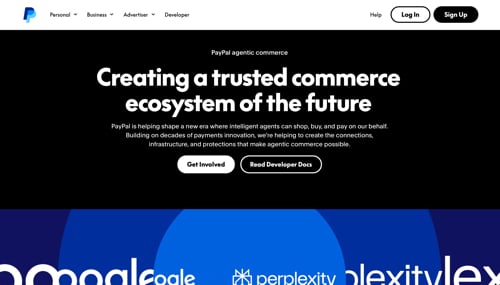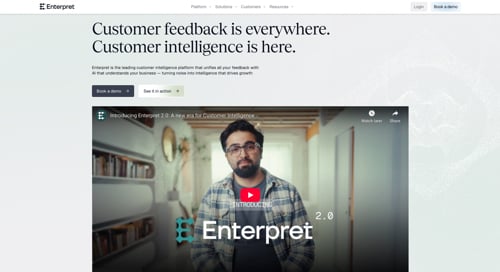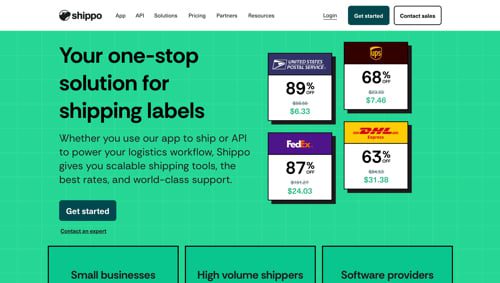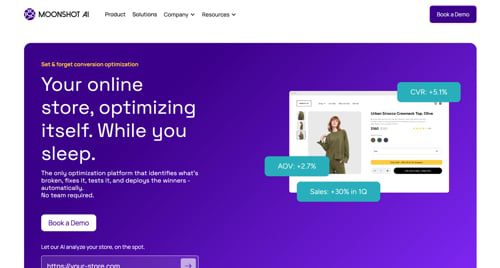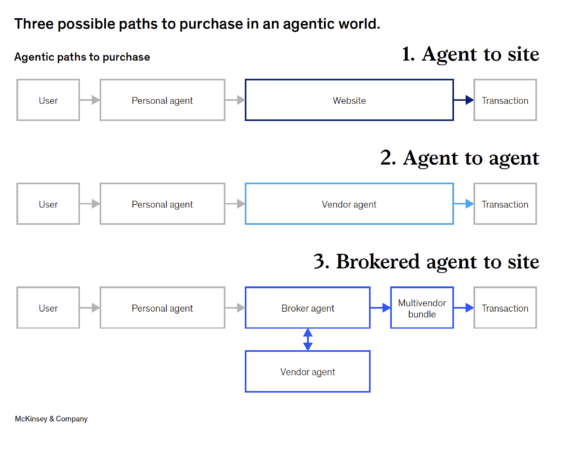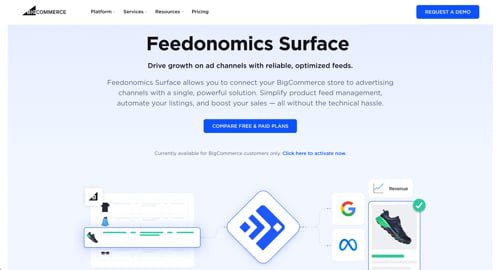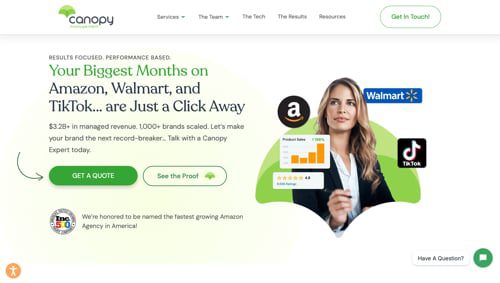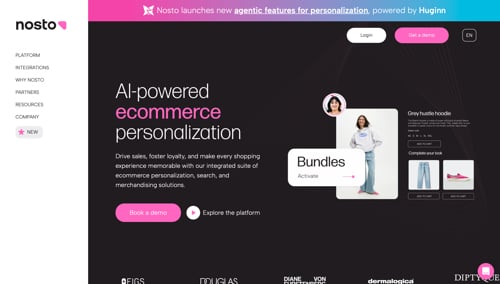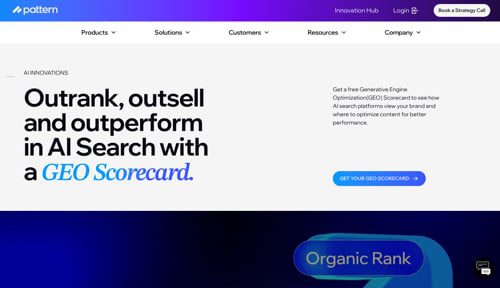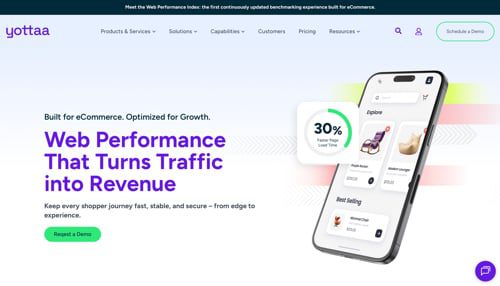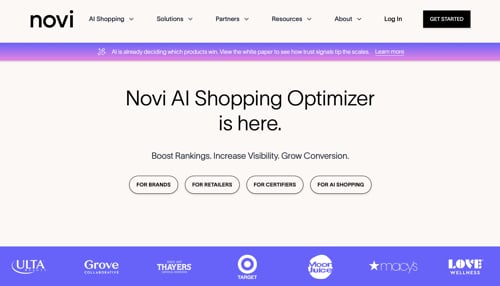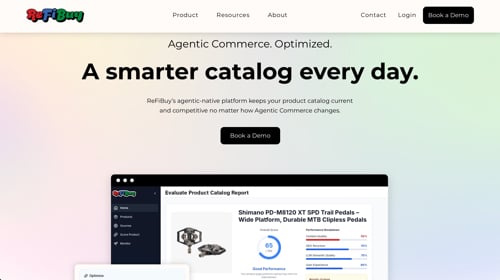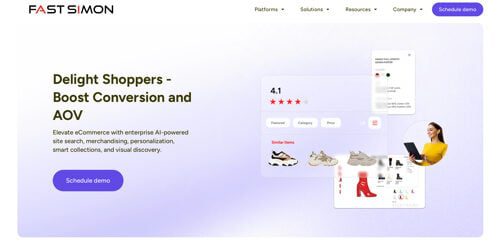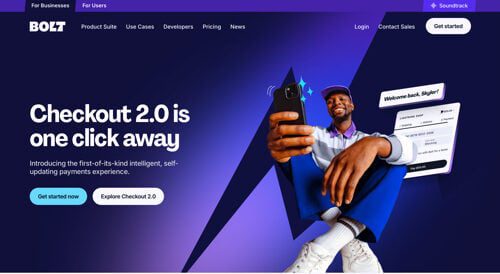New Ecommerce Tools: November 12, 2025
This week’s installment of new products and services for ecommerce merchants includes updates on agentic commerce, multichannel management, buy-now pay-later, cryptocurrencies, product feed management, and predictive marketing.
Got an ecommerce product release? Email updates@practicalecommerce.com.
New Tools for Merchants
Attain expands OutcomeHQ with predictive AI for marketing results. Attain, a provider of live permissioned purchase data for marketing, has debuted OutcomeAI Summaries, a capability within OutcomeHQ, Attain’s data platform, that instantly transforms live purchase data into strategic insights. According to Attain, OutcomeAI enables marketers to anticipate what’s working and what’s coming next across the media lifecycle. OutcomeAI Summaries surface campaign and brand insights while campaigns are live, providing recommendations that complement existing tools and accelerate decision-making, according to Attain.
PayPal launches buy-now pay-later in Canada. PayPal has launched Pay in 4, an interest-free, no-fee, BNPL service for Canadians to split eligible purchases of $30 to $1,500 into four equal, interest-free payments over six weeks. Payment options include debit, credit, or bank account. Consumers can pay early using the PayPal app or online. According to PayPal, there are no late fees, sign-up fees, or hidden costs. PayPal’s Purchase Protection covers eligible Pay in 4 transactions.
Block enables Bitcoin payments for Square sellers. Block, the payments infrastructure firm led by Twitter co-founder Jack Dorsey, has enabled Bitcoin payments globally for merchants using the Square point-of-sale platform. The integration allows merchants to accept Bitcoin at checkout with instant settlement via Bitcoin’s Lightning Network, with no fees until 2027. Sellers can automatically convert a portion of their daily card sales into Bitcoin as well.
Cashflows partners with Boodil on card payments for U.K. Shopify merchants. Cashflows, a payments platform, has partnered with Boodil, a U.K.-based ecommerce payments technology provider, to enhance the payment experience for Shopify merchants across the U.K. The partnership combines Cashflows’ acquiring and gateway technology with Boodil’s payment infrastructure, providing Shopify merchants with a payment suite that offers card payments and digital wallets. Merchants complete their onboarding via Cashflows and can activate card payments via the Boodil application.
Amazon Bazaar app expands Haul to 14 new destinations. Amazon has announced a standalone shopping app called Bazaar, part of its global Haul low-cost shopping experience. Amazon Bazaar is initially available in 14 locations: Hong Kong, Philippines, Taiwan, Kuwait, Qatar, Bahrain, Oman, Peru, Ecuador, Argentina, Costa Rica, Dominican Republic, Jamaica, and Nigeria. Bazaar supports local currency options and multiple languages, including English, Spanish, French, Portuguese, German, and Traditional Chinese. Customers can use their existing Amazon credentials or create new accounts.
Inriver expands product content distribution with Shopify and Affiliated Distributors. Inriver, a product information management platform, has announced partnerships with Shopify and Affiliated Distributors. Inriver says its Shopify adapter pushes enriched product details directly into a Shopify store through secure APIs. Inriver’s partnership with Affiliated Distributors combines the latter’s eContent Service with Inriver’s PIM, enabling suppliers to syndicate product data and digital assets to a network of more than 230 independent distributors. Through the Affiliated Distributors’ channel in Inriver, vendors can share accurate content faster.
Firmly launches Buy Now platform for agentic commerce. Firmly, a transaction layer powering shoppable content, has launched its Buy Now platform to standardize fragmented commerce protocols and make products shoppable anywhere. Firmly’s centralized Model Context Protocol server provides access to structured product, pricing, availability, and fulfillment data in an AI-readable format. Features include consolidated protocol management, a cryptographic audit trail, and an agent reputation manager.
Multichannel operations app Ordoro integrates with Miva ecommerce platform. Ordoro, a provider of multichannel ecommerce operations software, has announced direct integration with Miva, an ecommerce platform. This API-driven integration gives Miva sellers access to Ordoro’s post-checkout tools, including bulk shipping, automated inventory syncing, dropshipping management, and order routing, all from a centralized dashboard. Merchants can keep stock levels synced in real time across multiple sales channels and warehouses, and automatically route orders and handle complex product catalogs.
Commerce launches Feedonomics apps for Shopify merchants. Commerce, the parent company of Feedonomics and BigCommerce, has launched new capabilities in the Shopify App Store: Feedonomics for Advertising and Feedonomics for Listings & Orders. These apps empower merchants to improve product discoverability, increase advertising performance, and drive additional revenue, according to Commerce.
Shopline and Lexore partner on AI-powered customer intelligence for merchants. Shopline, a global commerce software provider, has partnered with Lexore Spark, an AI-powered commerce platform to help direct-to-consumer brands with product development and marketing. By integrating Lexore Spark into Shopline, merchants can test concepts with real customers, gather instant feedback, and launch what’s proven to sell. This integration provides Shopline merchants with real-time, in-depth insights at scale, enabling them to curate more personalized shopping experiences.
ECI Software Solutions launches built-in ecommerce AI agent. ECI Software Solutions, a provider of AI-powered business management software and services, has launched its ecommerce AI agent, a built-in tool within the company’s EvolutionX B2B ecommerce platform. ECI’s AI agent (i) provides real-time access to sales, orders, and customer behavior and (ii) automatically enriches product listings with additional details and relevant keywords to improve organic search rankings, visibility, and conversions. Intelligent pattern recognition evaluates orders, detects anomalies, and flags suspicious activity, per ECI.
Constructor, a search platform, releases AI Product Insights Agent. Constructor, a search and product discovery platform for enterprise ecommerce companies, has released its AI Product Insights Agent, a virtual expert on retail product detail pages. According to Constructor, the agent combines generative AI with rich ecommerce data, including on shopper behavior, product specs, and real-time session context. Shoppers can ask questions about the products they’re viewing, choose from frequently asked prompts, and get context-aware answers.

